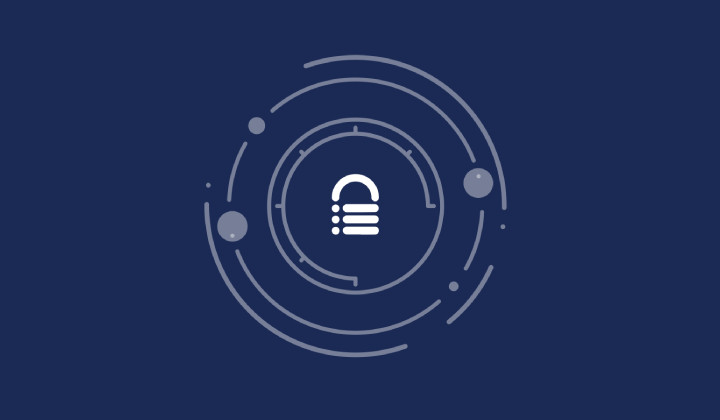Title:
Beginner’s Guide: How to Manually Backup WordPress Files Using FTP
Backing up your WordPress site means to backup both WordPress files as well as WordPress database. All WordPress sites contain both these parts. They store different sets of information and missing out on one or the other may mean that you’ll have a tough time restoring your site. While database stores posts, pages and users,…

Title:
Why Managed WordPress Backups Are Better Than Standalone Backup Plugins
Reaching for your spare tire, only to find out that it is not working; or worse, that it is missing altogether is unacceptable. WordPress backups are a little more complicated than changing car tires and just like your car tires, there is a lot riding on them too. Your lifetime’s work or the hard-earned reputation…

Title:
The Importance of Testing Website Backups and How to Do It Easily
Testing website backups are simply a necessary part of a good backup solution. However, testing multiple backup versions can be technical and cumbersome. (Find out) How to best test website backups? The Problem: How Do You Know If Your Backups Work? One of the most important tenets of a backup solution is the ability to…
Title:
What You Should Know About Making Daily WordPress Backups
Daily WordPress backups offer a balance between minimizing data loss & minimizing load on server/site. Is it, however, the most optimum WordPress backup frequency for your WordPress site? Here’s what you need to know about the different methods; and the pros and cons of each of them. Daily WordPress Backups Who is it for? Daily…

Title:
Are There Downsides to Frequent WordPress Backups?
Frequent WordPress backups can minimize data loss and thereby greatly help your business. However, they can be resource-intensive and affect your WordPress site performance, if not done right. Frequent backups present some obvious advantages which are particularly important for WordPress (WP) sites. Content creation takes some planning, effort, and resources. Losing such content may…
Title:
How Often Should You Backup Your WordPress Sites?
Frequent WordPress backups contribute greatly towards efficient your WordPress restores. The battle is between resource consuming hourly backups and infrequent backups which increase the risk of data loss. Do you know what is the right answer? The frequency of WordPress backups is a much-discussed topic. At BlogVault we believe that ideally, WordPress sites must be…
Title:
Downloading WordPress Backups: Pros and Cons of Storing Backups on Your PC
Storing WordPress backups on your PC can quickly become laborious and the risks outweigh the convenience or economic benefits. Find out why. Locally storing your WordPress backups means storing them on your PC or desktop. The other option is maybe to store them in an external storage device like a USB drive or or an…
Title:
What Do Hackers Gain from Hacking WordPress Sites?
WordPress is a popular target for hackers because every website has something to offer them, and the returns on attacks are high. WordPress is the most popular CMS in the world, and a popular target for hackers too. The scale of the problem may make it seem like the hacks occur randomly and for random…
Title:
A Review of WordPress Backups on Flywheel Hosting
Flywheel being a managed WordPress hosting service offers great features including WordPress backup. The increase in features and focus specialization is certainly reflected in the price too. So, are Flywheel backups worth it? Flywheel is a managed WordPress hosting platform. They exclusively host WordPress sites and as a result, Flywheel is optimized for that platform….
Title:
Tech Crunch Hacked by OurMine: Are Our Websites Safe at All?
As a lot of us following technology news might know by now, TechCrunch was hacked today, by OurMine. The message left by hackers was caught just before the post was taken down: According to OurMine’s website, the organisation is made of “professional hackers and vulnerability assessors” who “only care about the security and privacy of…
End of content
End of content




